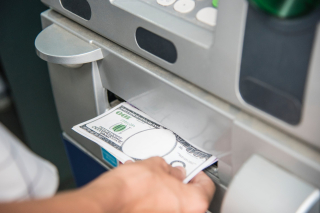 “Financial planning is an ongoing process that examines your goals, situation and finances, in order to determine if and how these goals can be met. It’s not a product-centric process, but often we use financial products like mutual funds, annuities and/or life insurance to achieve goals in the most efficient manner.”
“Financial planning is an ongoing process that examines your goals, situation and finances, in order to determine if and how these goals can be met. It’s not a product-centric process, but often we use financial products like mutual funds, annuities and/or life insurance to achieve goals in the most efficient manner.”
As Forbes explains in the article “2 Ways To Combine Charitable Giving And Life Insurance,” one of the core products for protecting wealth is life insurance. As you age, your need for life insurance may lessen, but sometimes it will increase. If you have a life insurance policy that you no longer need, one option might be to donate the policy to a charity. There are several ways that life insurance policies can be gifted or used for charitable purposes.
Gift Your Existing Policy. You can simply give away an existing policy, if you no longer need the policy for estate liquidity or estate taxes. You could gift the policy outright to your favorite charity or use a Donor Advised Fund (DAF). If you give the policy to a charity outright, you can change ownership of the policy and pretty much be done with it. You might get a charitable income tax deduction for the value of the policy at the time of the gift (it’s measured by the sum of the interpolated terminal reserve plus unearned premiums rather than the death benefit amount).
 There were a lot of headlines after Kenny Goss and Michael’s former lover Fadi Fawaz were cut out of the late singer’s will. Fawaz is now reported to be planning to contest the will.
There were a lot of headlines after Kenny Goss and Michael’s former lover Fadi Fawaz were cut out of the late singer’s will. Fawaz is now reported to be planning to contest the will. Houston Estate Planning and Elder Law Attorney Blog
Houston Estate Planning and Elder Law Attorney Blog










